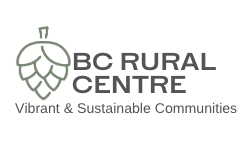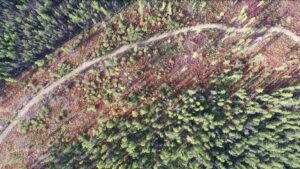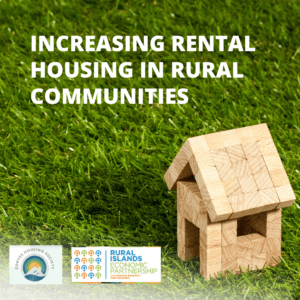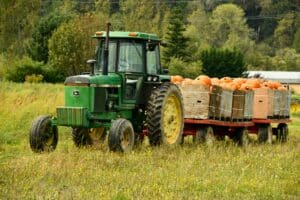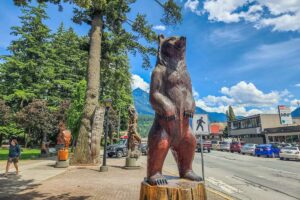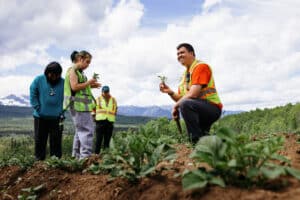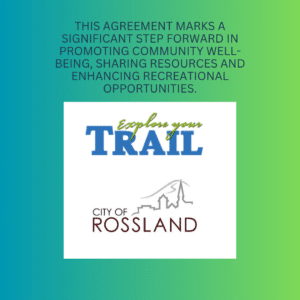Economic Development
Rural Resident Retention and Attraction Guidebook
Introduction to Rural Resident Retention and Attraction What is Resident Retention and Attraction? Resident retention and attraction (RRA) initiatives position communities to address issues associated with population size (e.g., low or declining number of residents) or population composition (e.g., aging population) — whether that be a shortage of skilled workers, low school enrolment, or a…
Read MoreWildfire Risk Reduction and Enhanced Fibre Utilization Project Funding
FESBC Welcomes Applications for Wildfire Risk Reduction and Enhanced Fibre Utilization Project Funding Kamloops, B.C. – The Forest Enhancement Society of BC (FESBC) continues to accept applications to fund forest enhancement projects, year-round. In the Provincial Government’s Budget 2024, FESBC was entrusted with $60 million in funding; $20 million to be allocated each year over…
Read MoreIncreasing Rental Housing in Rural Communities | Video
Watch the recording of the housing forum: Learn more about Cortes Housing Society
Read MoreSupporting Rural and Remote Economies: What Canada Must Do Now
Rural, remote, and northern regions are important and should be supported, not just because of their economic contributions (they contribute to over a quarter of Canada’s GDP) but because people in all parts of Canada should have similar levels of well-being. This is fundamental to our nation’s territorial cohesion. Accordingly, there is a lot of…
Read MoreIndigenous Education as the Impetus to Economic Resilience
Originally Written and Posted By Indigenous Prosperity Centre As we navigate the complex landscape of Indigenous procurement and economic development, a question that consistently occupies my thoughts is: What does economic resilience truly mean for Indigenous communities? Community development is at the heart of catalyzing economic resilience; the discussion today is mainly through the lens of…
Read MoreRevitalizing Downtown Hope
Planning for a Resilient Future *originally posted on Etsi-BC News For thousands of people who travel to and from the Lower Mainland, the community of Hope, located at the junction of four major highways, is a regular stopping point for information, food, fuel, and accommodation. As a new plan to revitalize Hope’s downtown rolls out,…
Read MoreIndigenous food sovereignty is key to resilient farms, gardens and communitie
Communities are working toward food sovereignty one morsel at a time. Meet the experts bringing food to people’s plates and pushing for societal change… Gitxaała farmer Jacob Beaton says his Tea Creek project is more than just a farm: it’s a hub of programs and supports designed to propel the Indigenous food sovereignty movement. This…
Read MoreTrail and Rossland Sign Recreation Agreement for 2024
ROSSLAND – In a move towards continued regional collaboration, the cities of Trail and Rossland have reached a Trail Resident Program (TRP) recreation services agreement for one year that would come into effect January 1, 2024. This agreement marks a significant step forward in promoting community well-being, sharing resources and enhancing recreational opportunities. The agreement permits residents…
Read MoreNot Enough Being Done to Prevent Future Flooding
Living in Merritt is like living on an active volcano, says city manager, as concerns loom over flood risk Residents and municipal officials worry not enough is being done to prevent future flooding Residents of Merritt, B.C., watch a flooded street on Nov. 15, 2021. Municipal leaders in the city say they are concerned about…
Read MoreThe Rise Of Innovation Districts
A New Geography of Innovation in America Originally posted on Brookings.edu Written by Bruce Katz and Julie Wagner As the United States slowly emerges from the Great Recession, a remarkable shift is occurring in the spatial geography of innovation. For the past 50 years, the landscape of innovation has been dominated by places like Silicon…
Read More